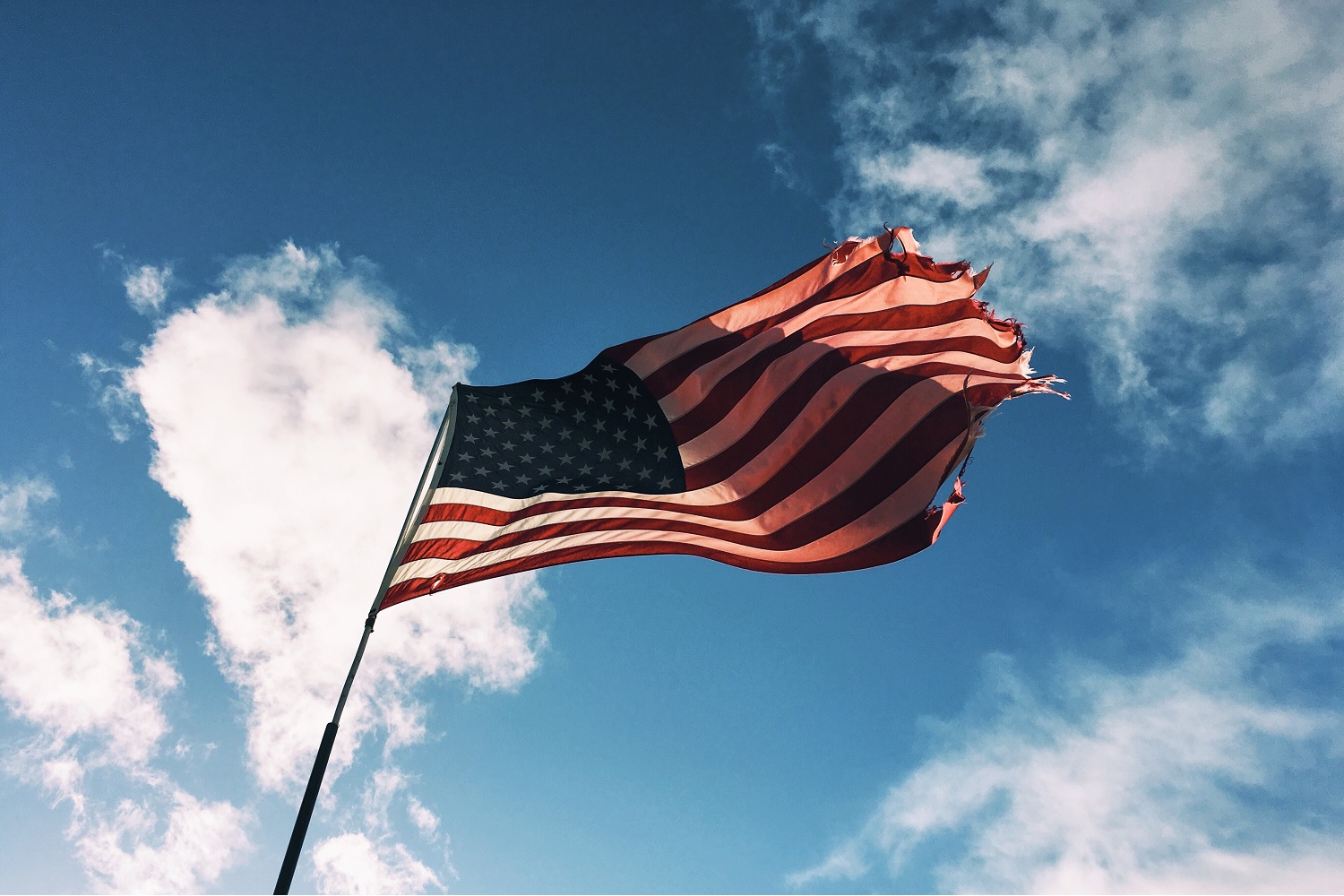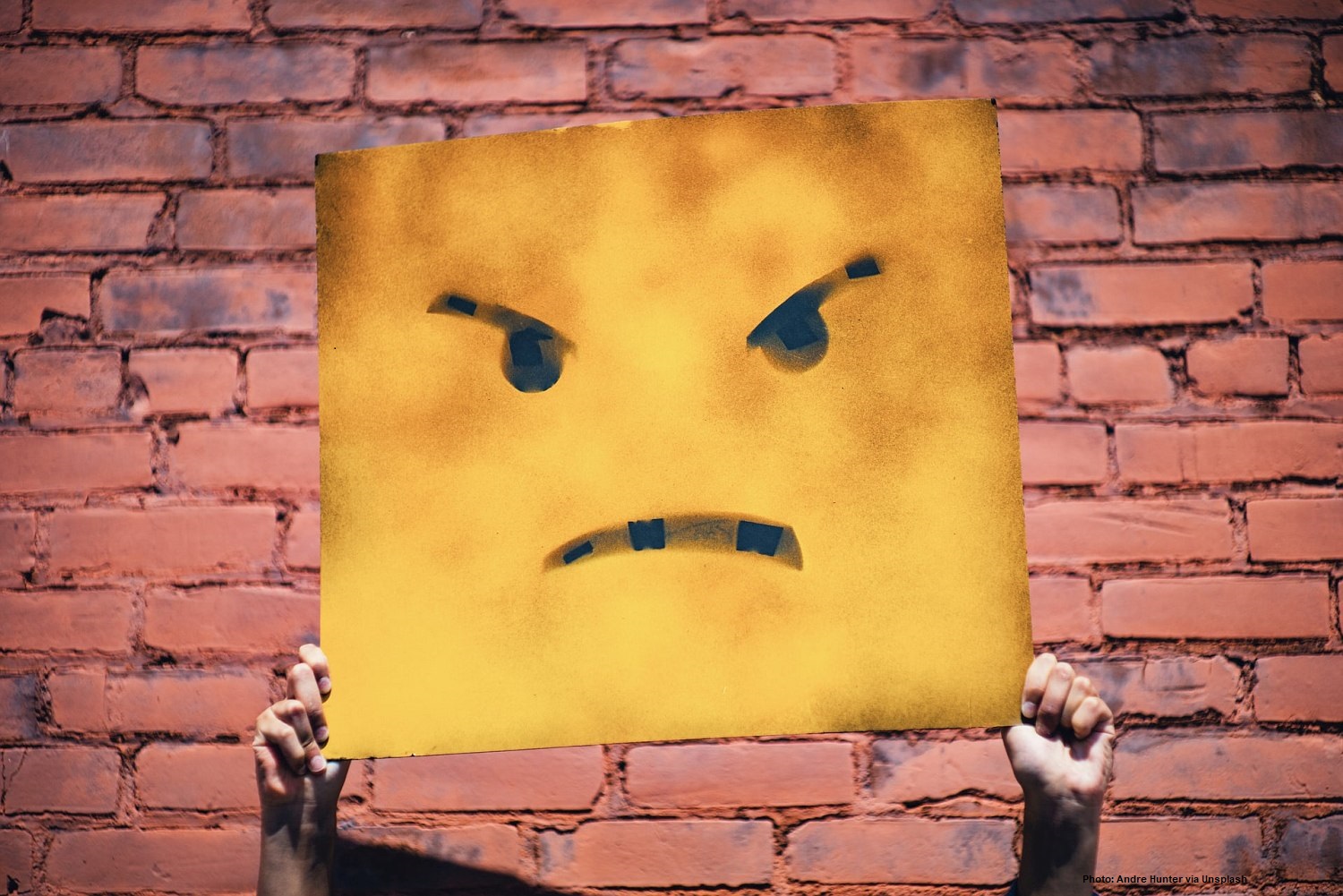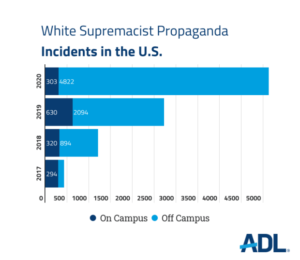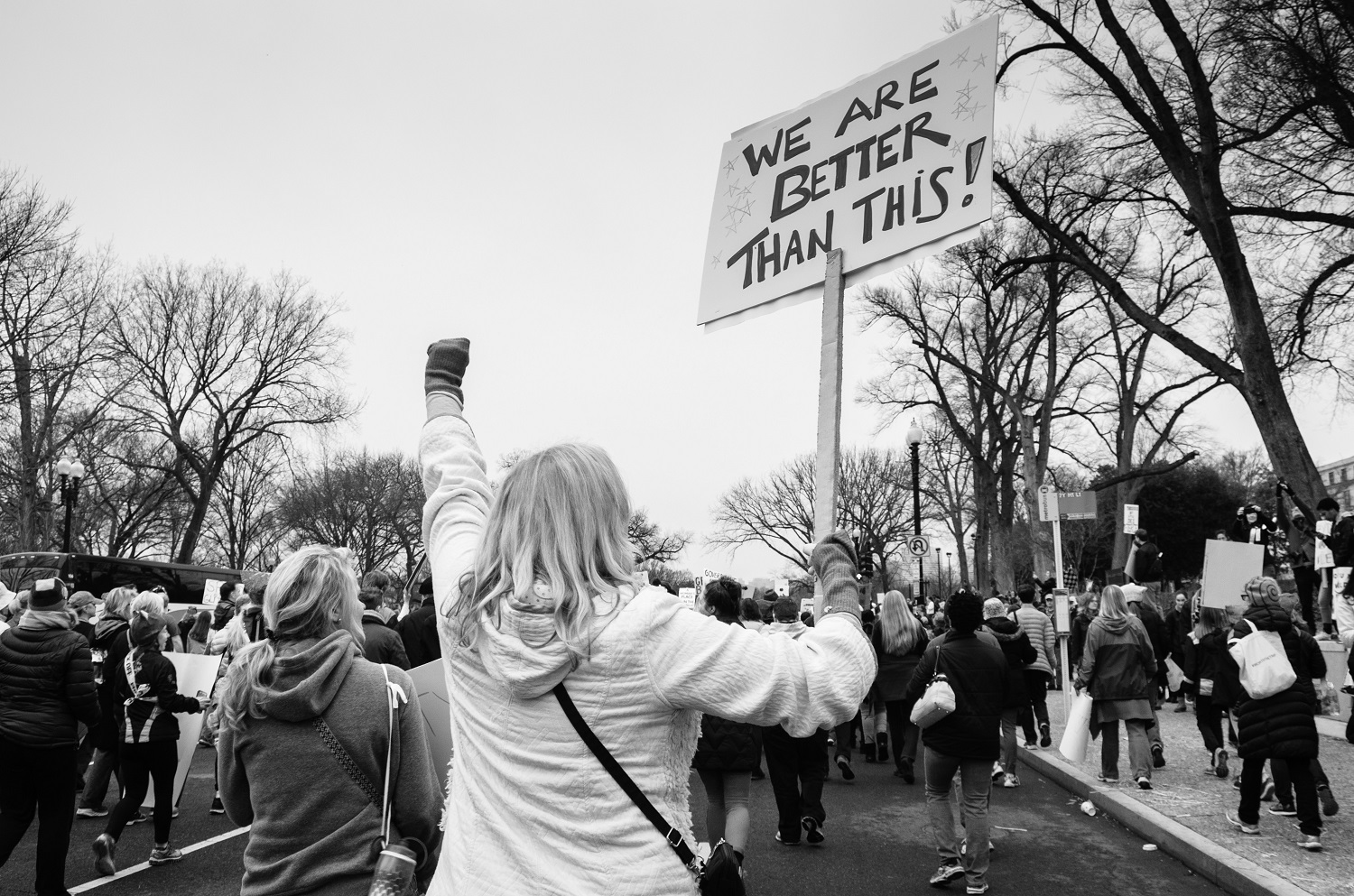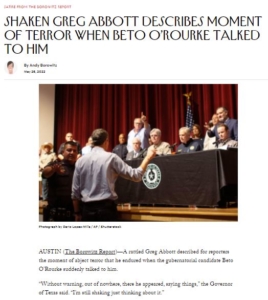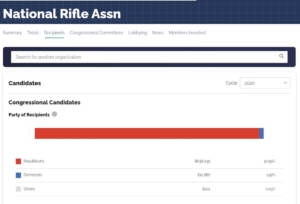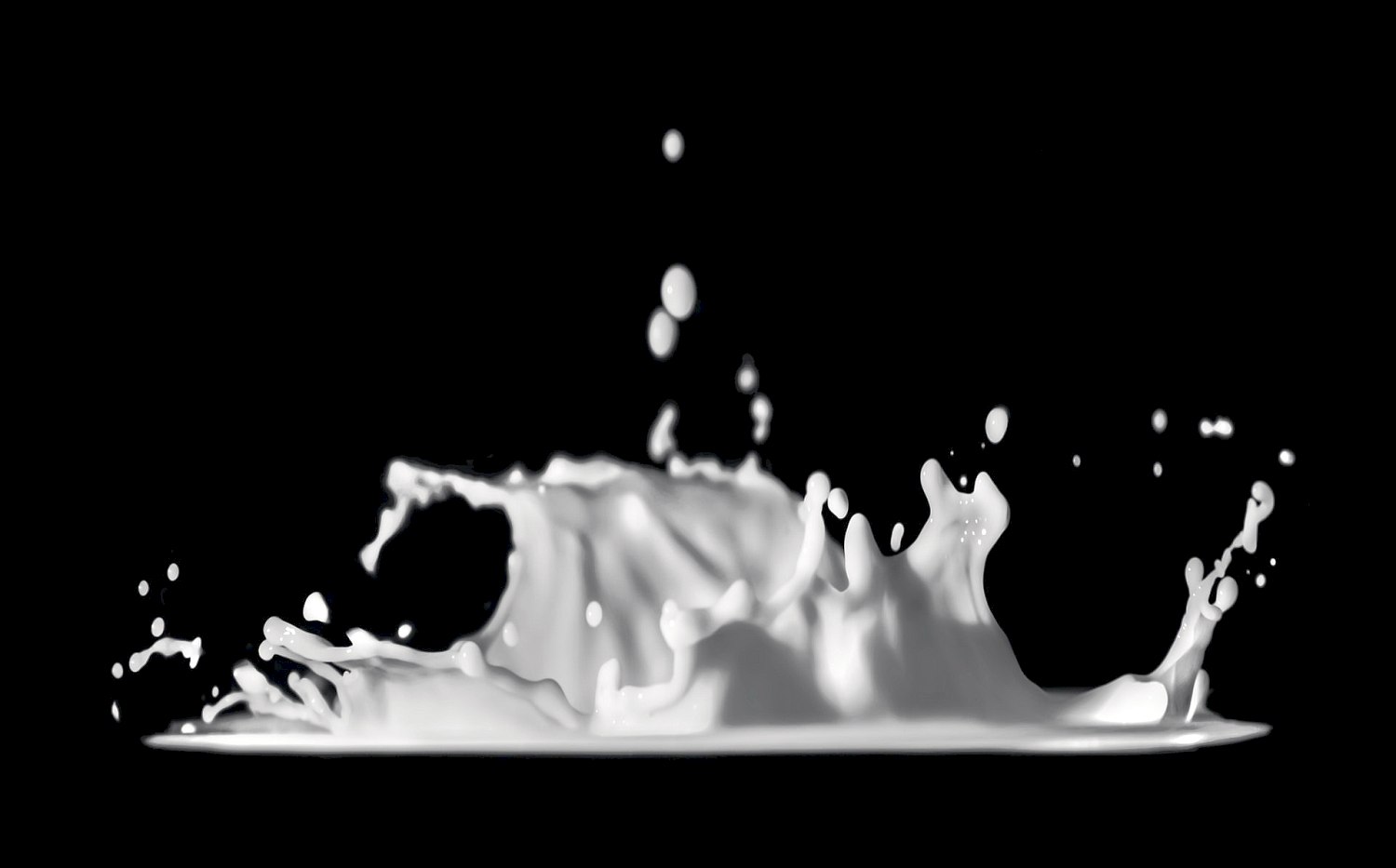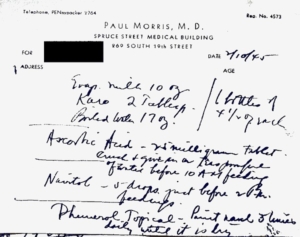Trash Talk: Much Trash, Very Sport, So Talk
[NB: check the byline, thanks. /~Rayne]
Yes, it’s me, the golf widow, once again drafting a Trash Talk post.
And yes, I’m here at home alone enjoying the quiet of my remaining golf widowhood. This weekend is one of the last of regular play on the local course; next weekend there will be some celebratory golf outing shindig in which my kids will also golf while I dogsit.
Meanwhile I’m doing exciting things like cleaning carpets and scrubbing floors, washing draperies, and baking since I won’t be able to much next weekend with dogs and adult children underfoot.
What about you? Are you sportsing, or watching sportsing, or cleaning up after this week’s hurricane? Do tell.
~ ~ ~
Dreadful news came from Indonesia this week when at least 127 people died in a stampede at the Kanjuruhan Stadium after police used tear gas to disperse an angry crowd gathering on the football pitch.
This Reuters’ video shows how the crowd funneled toward an exit:
At least 125 people died in a stampede at a soccer stadium in Indonesia after police tried to quell violence on the pitch. https://t.co/zyh13g0G0m pic.twitter.com/EPbsBdSIhr
— Reuters (@Reuters) October 2, 2022
But this video reveals the animosity police displayed toward the attendees on the field which may also have led to panic:
At least 129 killed & 180 injured at a soccer match in Indonesia after a crowd stampede during a riot. Seems one of the world’s worst stadium disasters.
Horrific!#Indonesia pic.twitter.com/uCLXbUEko1— Majid Alam (@iammajidalam) October 2, 2022
The resulting death toll already exceeds that of the 1989 Hillsborough disaster, making Kanjuruhan Stadium disaster in Malang the sixth deadliest sporting event related disaster in history.
Let’s hope there will be a thorough inquiry into this horror with accountability, and more quickly than followed the deadly Hillsborough crush. There are global repercussions in spite of the soccer match’s local nature; were there any stadium design problems which encouraged this crush? Were there lessons from policing at the stadium which might prevent future stampedes?
~ ~ ~
It’s been a shitty week in the National Football League – not because of any one game but because of players’ health and the league’s handling of the same.
Lots of buzz right now after this tweet by St. Louis Cardinal’s JJ Watt:
I was just told somebody leaked some personal information about me and it’s going to be reported on today.
I went into A-Fib on Wednesday, had my heart shocked back into rhythm on Thursday and I’m playing today.
That’s it.
— JJ Watt (@JJWatt) October 2, 2022
ahead of this news:
Cardinals defensive end JJ Watt revealed that he underwent treatment for a heart condition on Wednesday ahead of the team’s matchup against the Panthers on Sunday https://t.co/3xgduHsruZ
— Sports Illustrated (@SInow) October 2, 2022
Atrial fibrillation (A-fib) is a particular kind of irregular heart beat rhythm. There are many underlying causes though it occurs most frequently in persons age 50 and older. Watt is a bit young and assuming his general health has been monitored by the team, conditions like heart disease and diabetes are unlikely.
Football fans are shocked by this development but they shouldn’t be; A-fib can also be caused by viruses, both during active infection and as sequelae. We should expect to see more younger persons developing cardiac sequelae because of exposure to SARS-CoV-2.
Watt may or may not have had COVID, but it’s not impossible for an exposure to have played a role in his A-fib event.
It should disturb football fans that Watt’s health care privacy was violated in spite of HIPAA privacy rules – especially since the Supreme Court’s Dobbs decision undermined citizens’ unenumerated right to privacy.
As distressing as it is to know an NFL player was treated for A-fib this week and is playing today, it’s also distressing that another NFL player’s career may be over because the NFL and their team didn’t handle the player’s recent injury with more caution.
The Miami Dolphins’ 24-year-old quarterback Tua Tagovailoa was injured during last weekend’s meetup with the Buffalo Bills:
Tua’s head snaps back and hits the turf. He just walked to the locker room. pic.twitter.com/v8rsjHnbOH
— Mike Cugno (@MikeCugnoCBS4) September 25, 2022
In spite of what appears to be a head injury in the second quarter, Tagovailoa came back after halftime and finished the game throwing 186 yards after he was given a once-over by the team’s medical personnel which said Tagovailoa had a neck injury. The NFL Players’ Association demanded an investigation into what appeared to be the Dolphins’ skirting of the league’s concussion rules.
Before Thursday’s match against the Cincinnati Bengals, the concussion Legacy Foundation’s founder tweeted about Tagovailoa:
If Tua takes the field tonight, it’s a massive step back for #concussion care in the NFL.
If he has a 2nd concussion that destroys his season or career, everyone involved will be sued & should lose their jobs, coaches included. We all saw it, even they must know this isn’t right https://t.co/vxpaOif5rh
— Chris Nowinski, Ph.D. (@ChrisNowinski1) September 29, 2022
A sadly prescient opinion; Tagovailoa suffered head and neck injuries during the game, so severe that he manifested a fencing response on the field before the Dolphins’ medical team could reach him.
It was so awful and gruesome I won’t even share it, such an obvious sign of a head injury. He was seen at the local hospital but the team managed to get him packed up and on a plane with the rest of the team to head home to Miami. Goodness knows what all that handling including pressure changes did to Taigovaloa’s head and neck.
The NFLPA terminated the unaffiliated neurotrauma consultant involved in the assessment of Tagovailoa after his Week 3 injury before Thursday night’s game, but too late for Tagovailoa whose career may be over.
How badly do football fans need sports? At what point will they demand the NFL do better by players?
Or have fans become numb after more than 31 months of death and disability chewing away at the country during the pandemic?
~ ~ ~
Finally, we get to my kind of sports.
The World Series kicked off last night in Kansas City, Missouri. Nope, not Major League Baseball, not any kind of ball sports but the American Royal World Series of BBQ.
I think we need to send our contributor Jim White to this event next year, provided a hurricane doesn’t bear down on his part of the country next September/October.
Better get to practicing, Jim!
~ ~ ~
Once again, this thread will be an overflow catch-all this week if the House January 6 Committee hearing is rescheduled to this week. Bring all your off-topic discussion here to this open thread.

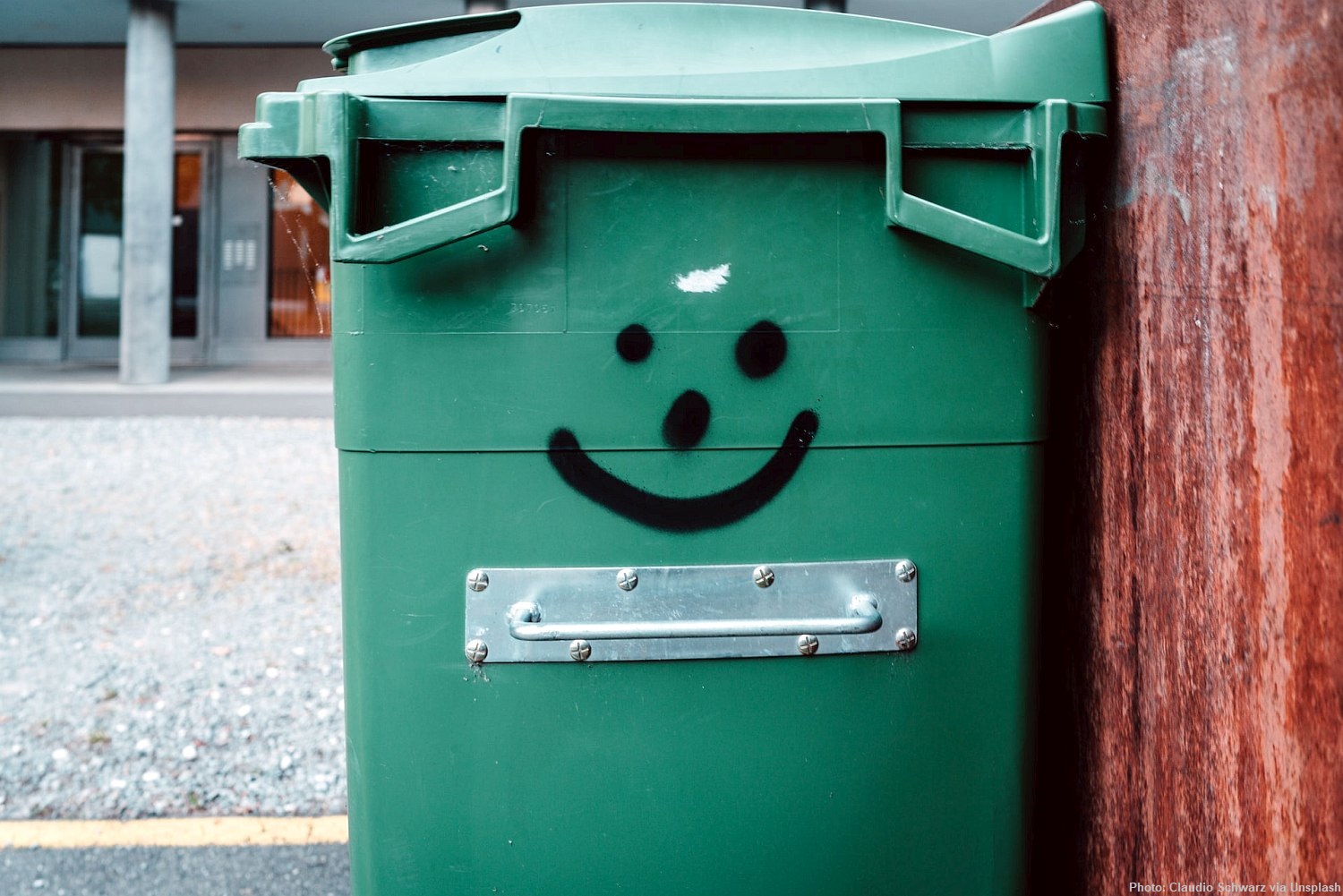
![[Photo: Emily Morter via Unsplash]](https://www.emptywheel.net/wp-content/uploads/2017/08/Question_EmilyMorter-Unsplash.jpg)
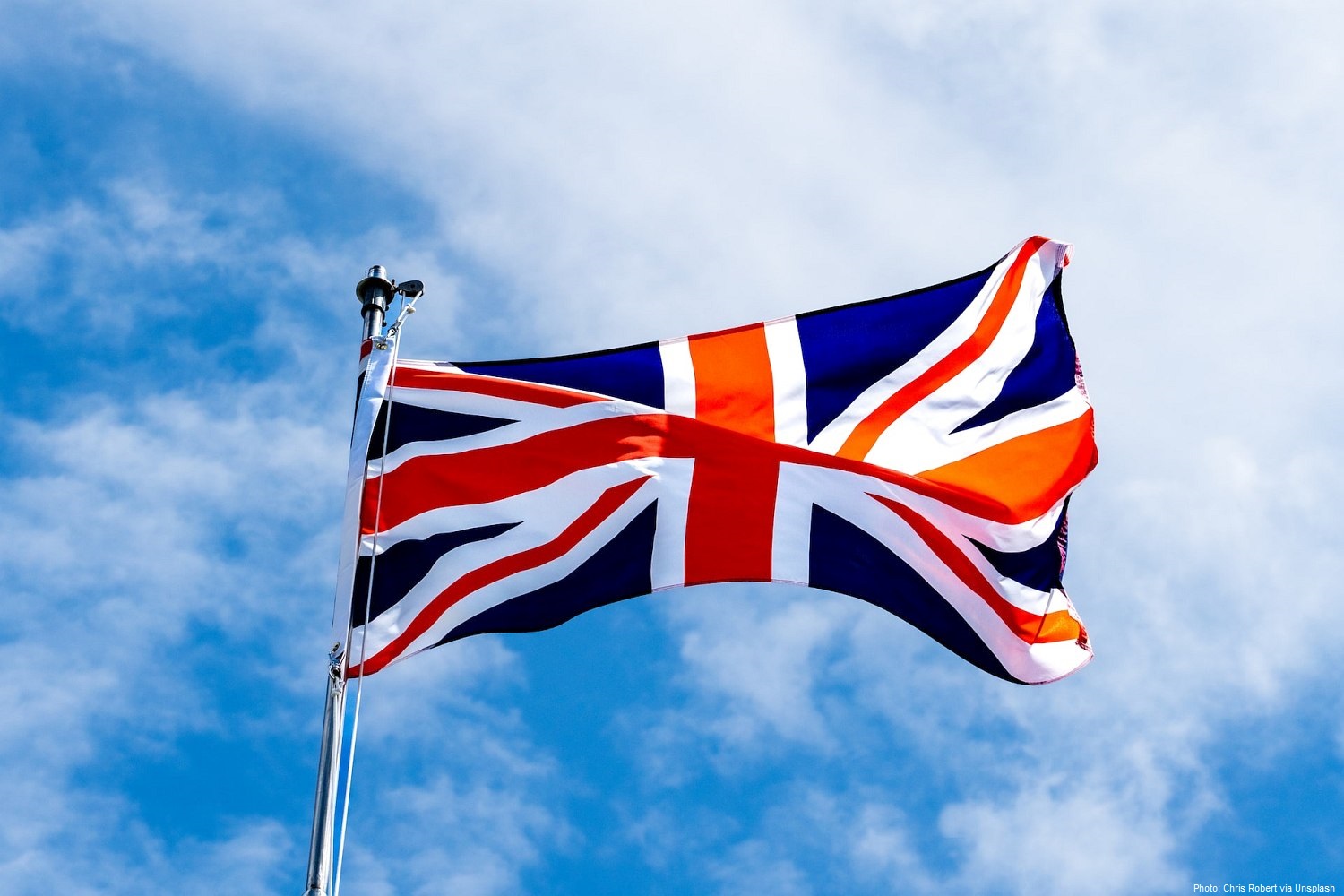
/cloudfront-us-east-2.images.arcpublishing.com/reuters/3YL3AEKCZZO3DNLNU6I7FZCVM4.jpg)
